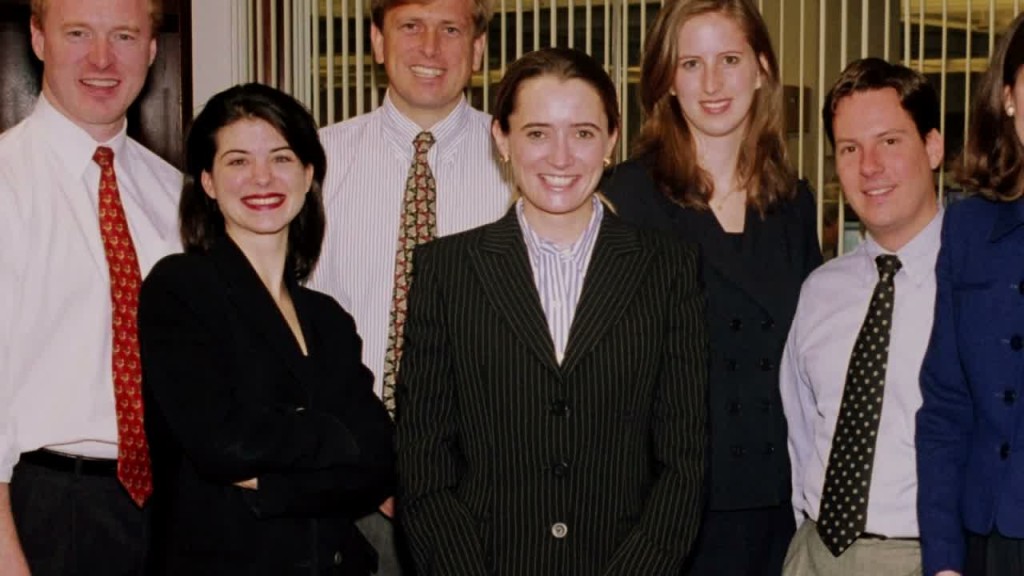Pioneer Behind Credit Derivatives is Leaving JPMorgan

April 3, 2014
Share
Remember credit default swaps? Once considered a key tool for banks looking to shift risk off of their books, they were among a handful of complex financial instruments that in 2008 brought the global economy to the brink of collapse.
One of the most important figures behind the creation of these derivatives is Blythe Masters, who on Wednesday announced she is leaving her position as head of JPMorgan Chase’s commodities unit.
Masters joined JPMorgan after graduating from Cambridge University, and quickly climbed the ranks to become the firm’s youngest director at age 28. She leaves as one of the most successful and influential women on Wall Street, though it’s her role in helping to invent credit derivatives that may be Masters’s enduring legacy.
The original idea was straightforward enough. JPMorgan took on risk each time it issued a loan. If it could develop a new type of contract that could be used to insure against the risk of a loan not being paid back, then it would free the bank to lend more freely.
“What in the long run this all meant was that credit, which is a vital part of the lifeblood of any economy, the global economy, became a more readily available asset,” Masters told FRONTLINE in the 2012 investigation Money, Power and Wall Street. “And the thinking was that that would be an unambiguously positive thing.”
In time, credit derivatives would be used to insure millions of low-quality mortgages across the nation, but when the housing bubble crashed in 2007 so too did the value of the underlying derivatives contracts.
In the below scene from Money, Power and Wall Street, Masters retells the story of the deal that started it all.
In the aftermath of the financial crisis, Masters has sought to defend herself against claims that she is responsible for the creation of “financial weapons of mass destruction.”
“Unfortunately, tools that transfer risk can also increase systemic risk if major counterparties fail to manage their own risk exposures properly,” she said during a speech in 2008. Privately, Masters has said that she was never involved in creating the kind of mortgage derivatives that fueled the crash, according to a report in The New York Times.
Master’s decision to leave JPM comes one month after the bank announced plans to sell the physical-commodities division that she leads to Switzerland’s Mercuria Energy Group. She has yet to announce her next move.

Related Documentaries
Latest Documentaries
Related Stories
Related Stories
Explore
Policies
Teacher Center
Funding for FRONTLINE is provided through the support of PBS viewers and by the Corporation for Public Broadcasting, with major support from Ford Foundation. Additional funding is provided the Abrams Foundation, Park Foundation, John D. and Catherine T. MacArthur Foundation, Heising-Simons Foundation, and the FRONTLINE Trust, with major support from Jon and Jo Ann Hagler on behalf of the Jon L. Hagler Foundation, and additional support from Koo and Patricia Yuen. FRONTLINE is a registered trademark of WGBH Educational Foundation. Web Site Copyright ©1995-2025 WGBH Educational Foundation. PBS is a 501(c)(3) not-for-profit organization.





















